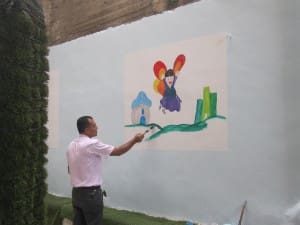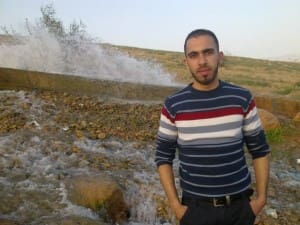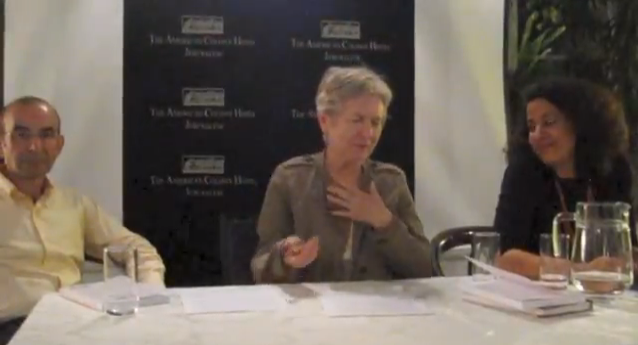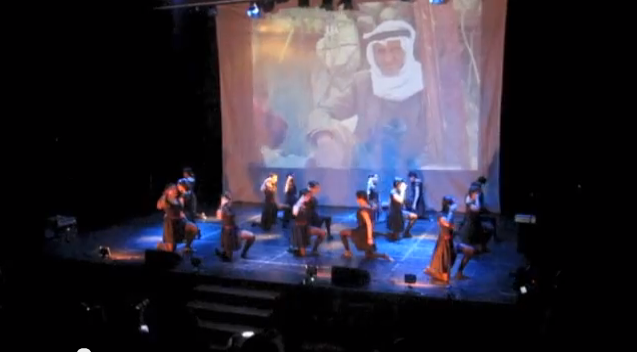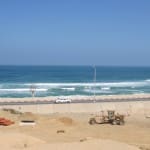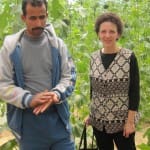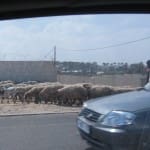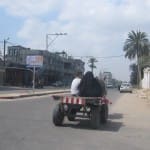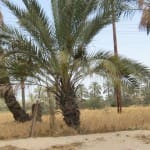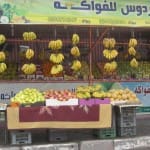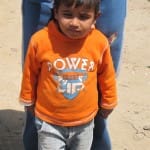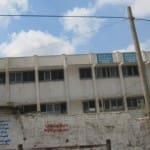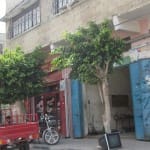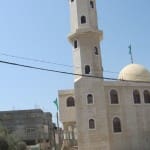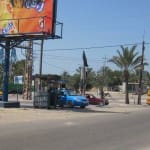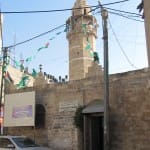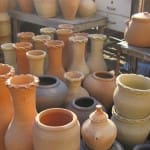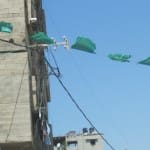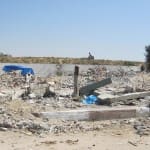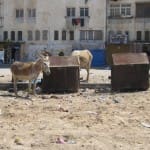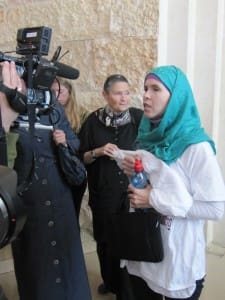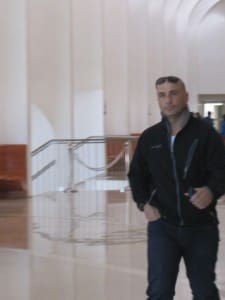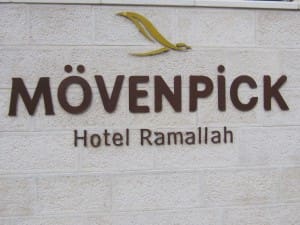At the Siraj al-Quds School, children look happy.
Kids with visual impairments, kids with learning difficulties, kids with family challenges, and kids without too many problems (because we all have some problems, don’t we?) mix together with ease. The kids look engaged. 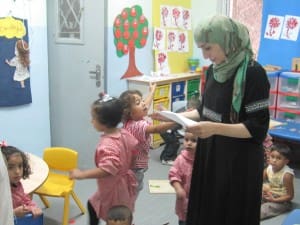 They look cared for. They look happy.
They look cared for. They look happy.
I had the pleasure of visiting the school with dear friends Hassan Hassanein, Alia Nasseridin, and Moira Jilani. 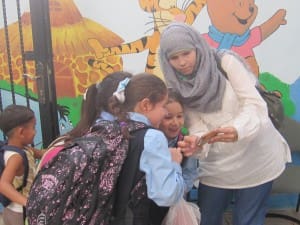
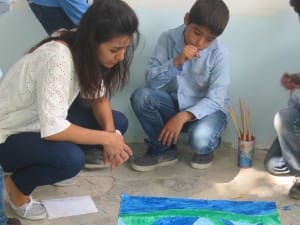 We had heard that some of the kids are coming to school hungry.
We had heard that some of the kids are coming to school hungry.
We wanted to learn how we could help.
Like all Palestinian students in Jerusalem, the kids of Siraj al-Quds face hardships.
But these children are lucky. They study at Siraj al-Quds school, in the able hands of Nurredin Amro. He is an educational administrator, a teacher and a community activist, but more than that, he is a visionary and a doer.
Nurredin, himself blind, envisions kids of all backgrounds and abilities learning together to build stronger communities.
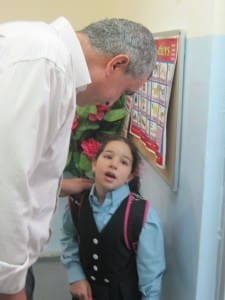 I’ve known Nurredin for years and he always inspires me with his gentle persistence. He inspired my friends, too.
I’ve known Nurredin for years and he always inspires me with his gentle persistence. He inspired my friends, too.
Are you inspired? Let me know if you’d like to help ensure that kids at Siraj al-Quds enjoy school on a full stomach.
